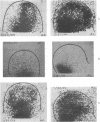Abstract
The presence or absence of papilloedema and the cisternal CSF pressure were compared with the RIHSA cisternograms in 24 patients with supratenotorial tumours. It was found that severe subarachnoid obstruction of CSF flow, leading to impaired CSF absorption at the superior sagittal sinus, was the main cause of raised CSF pressure and papilloedema associated with supratentorial tumours.
Full text
PDF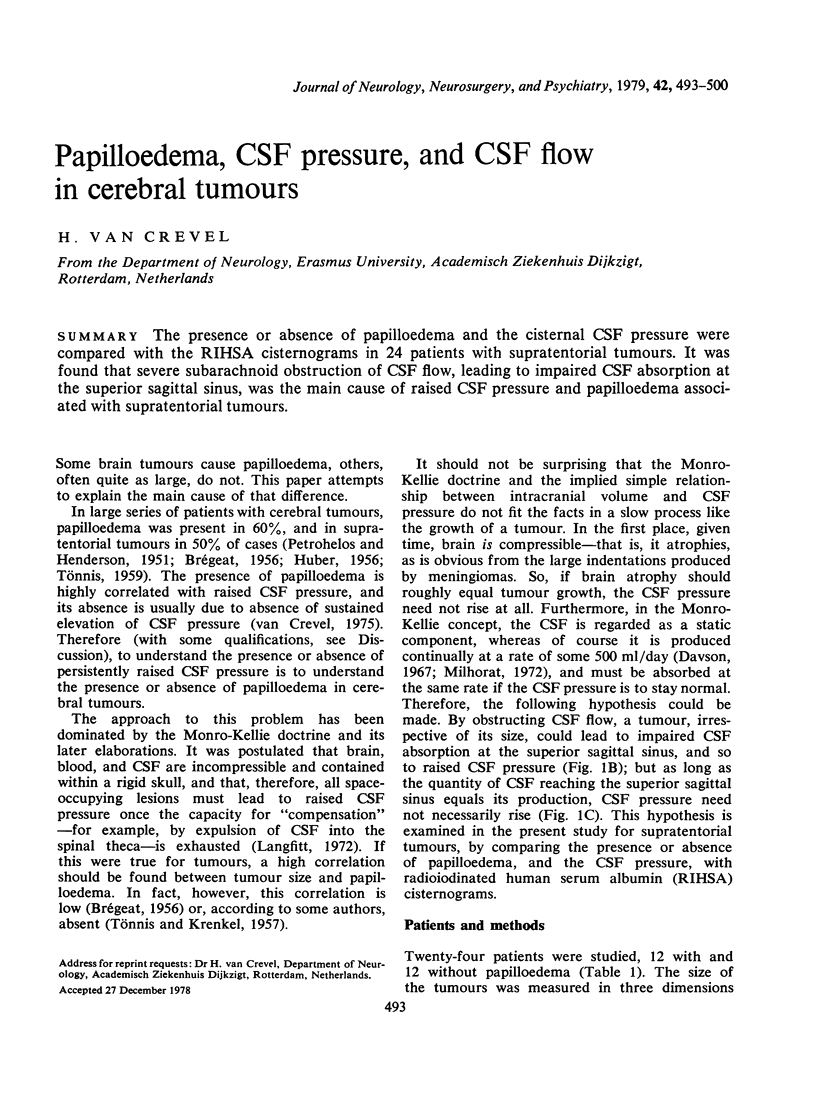
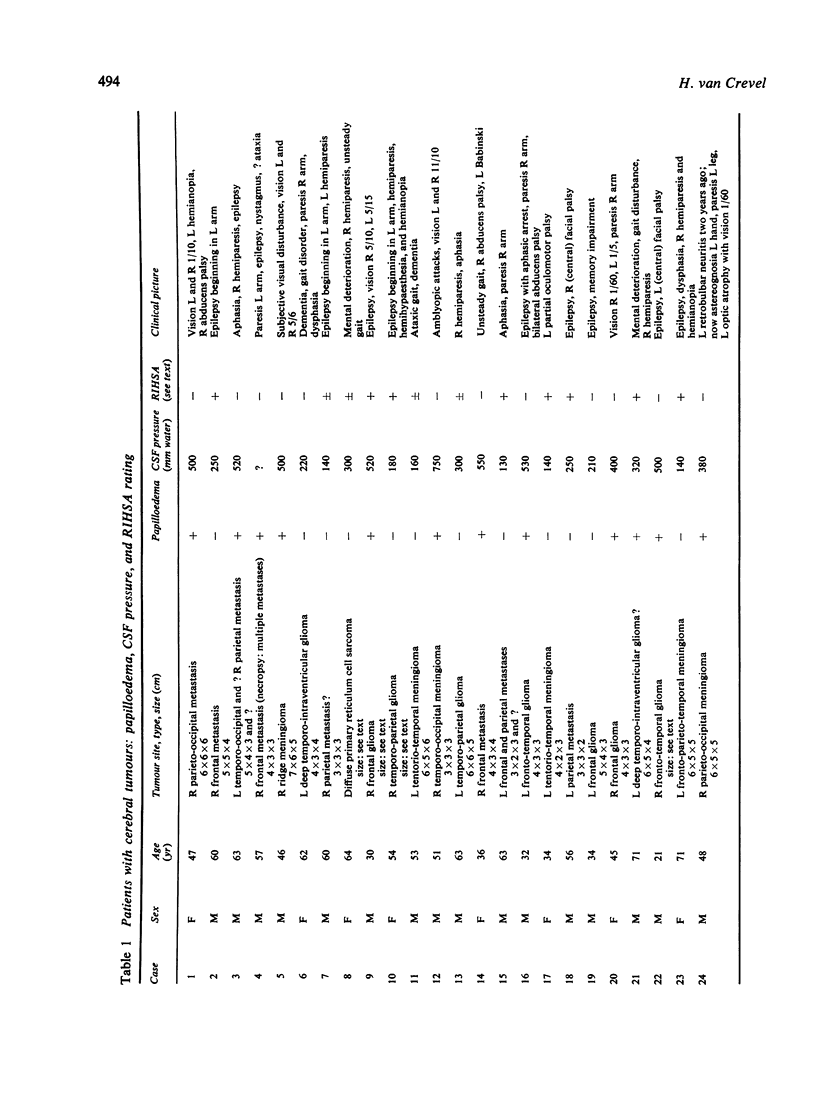
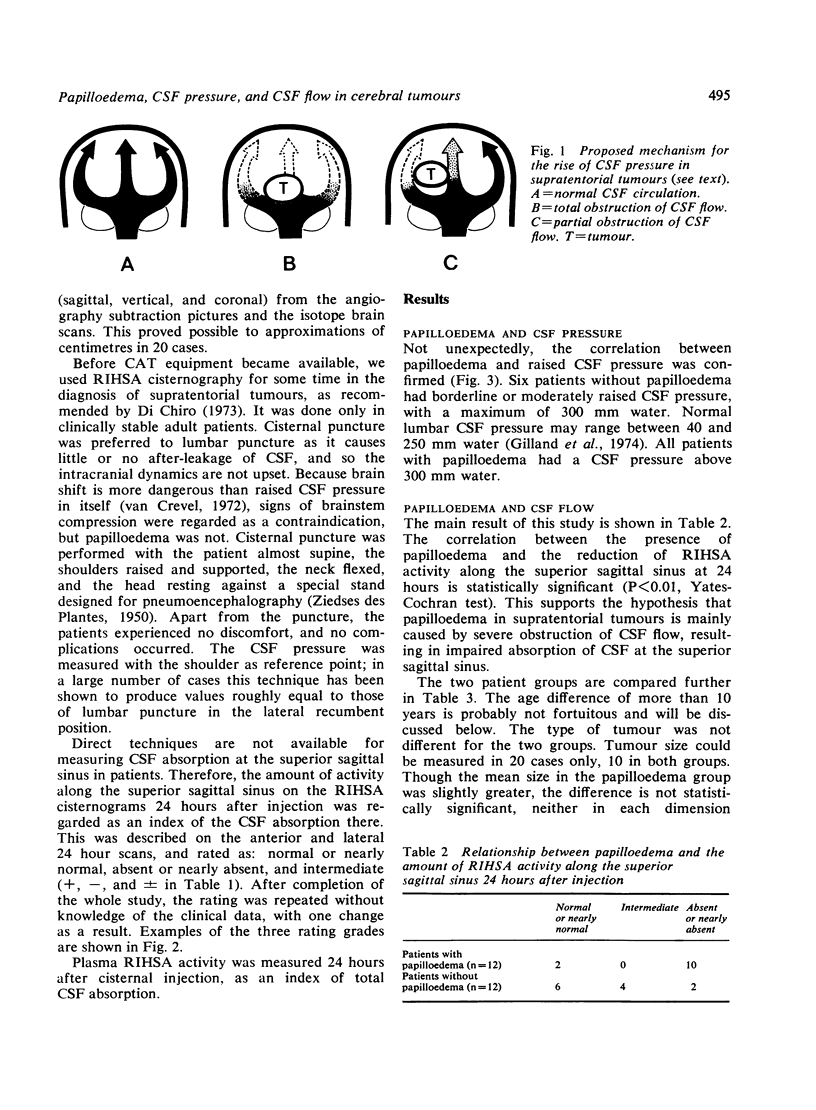
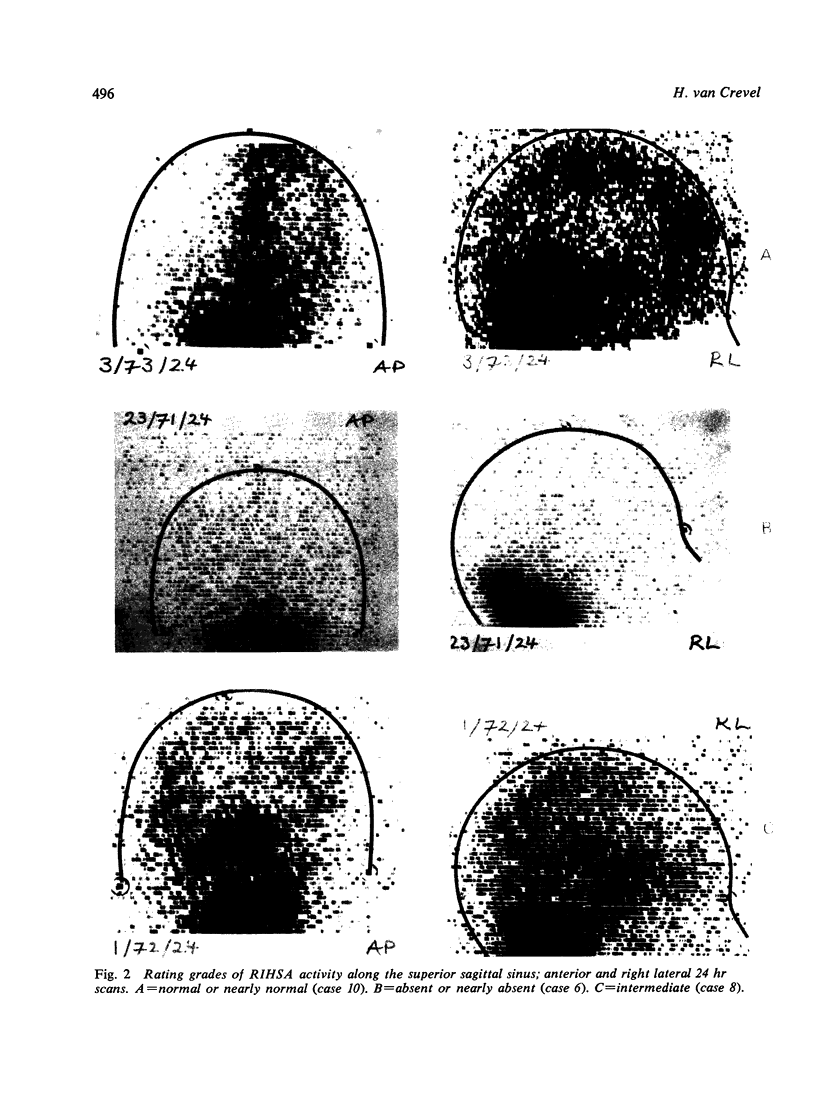
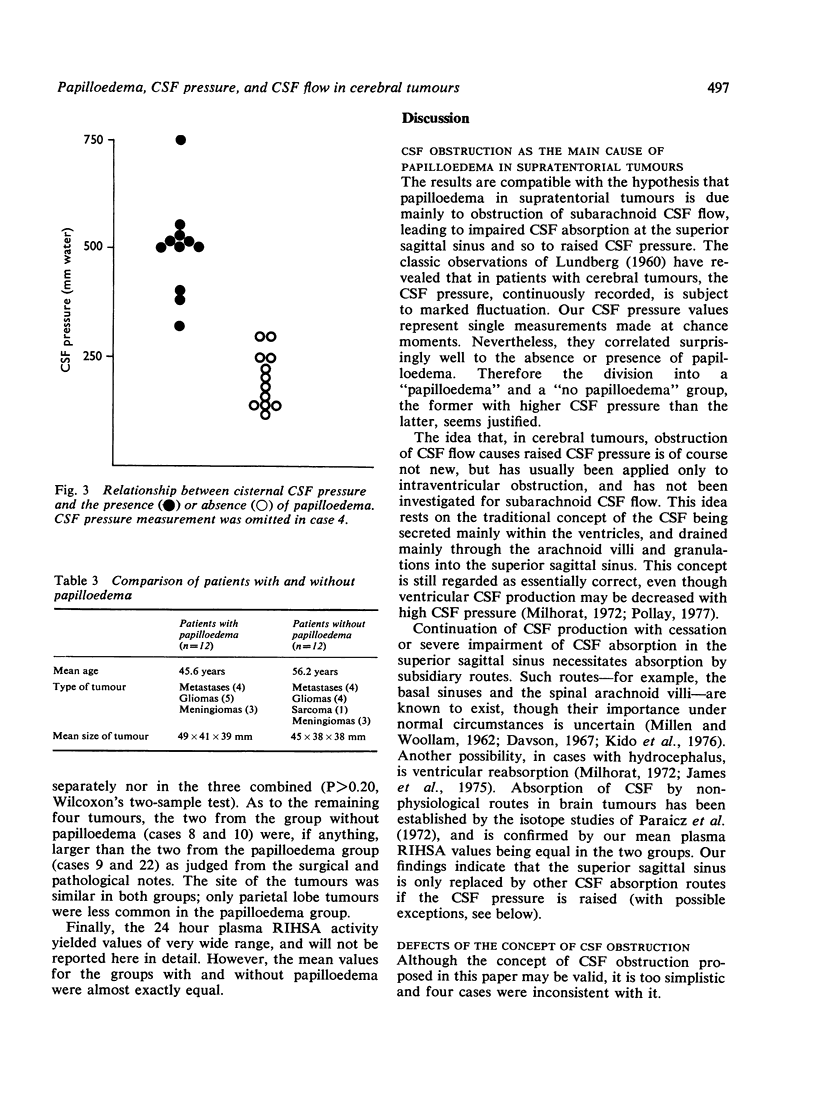
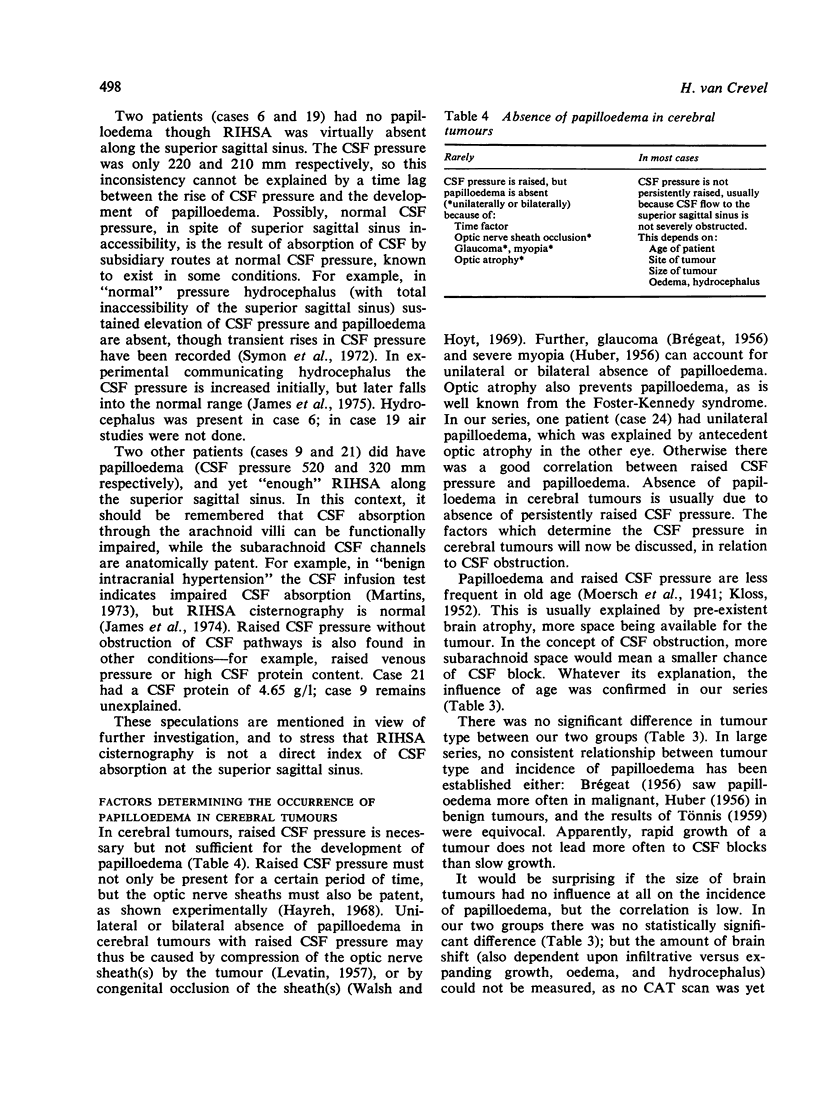
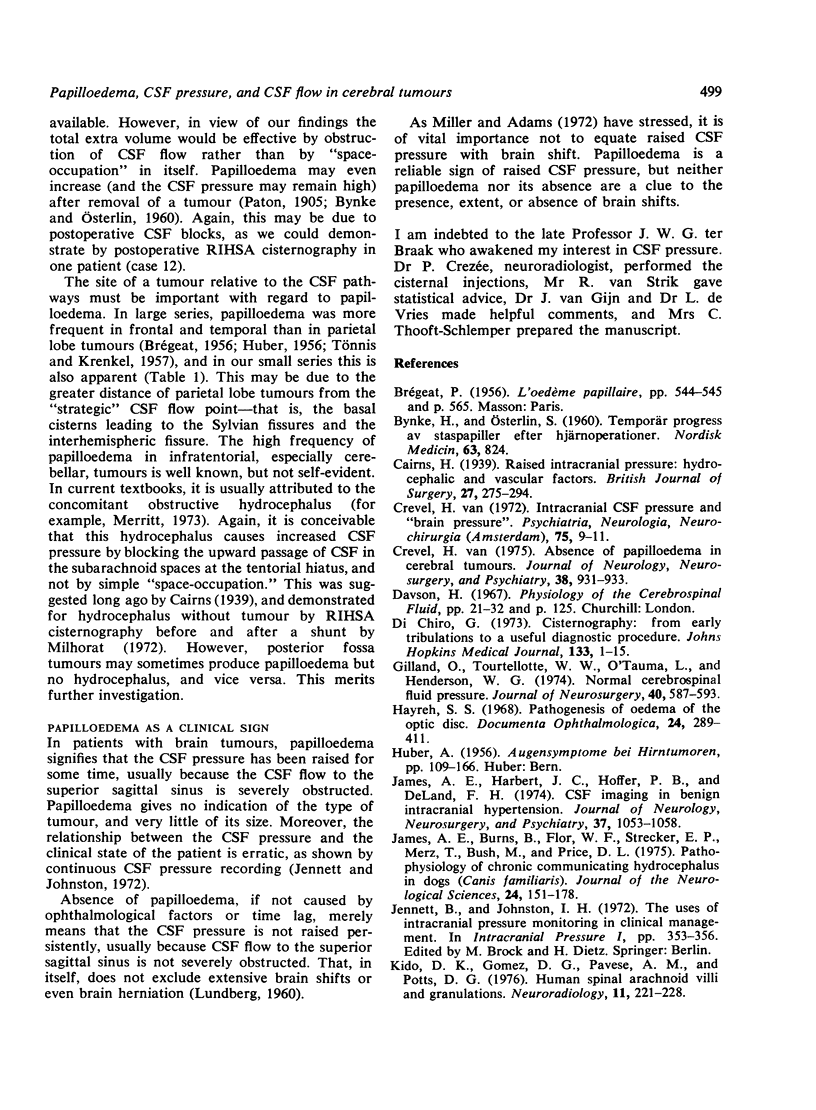
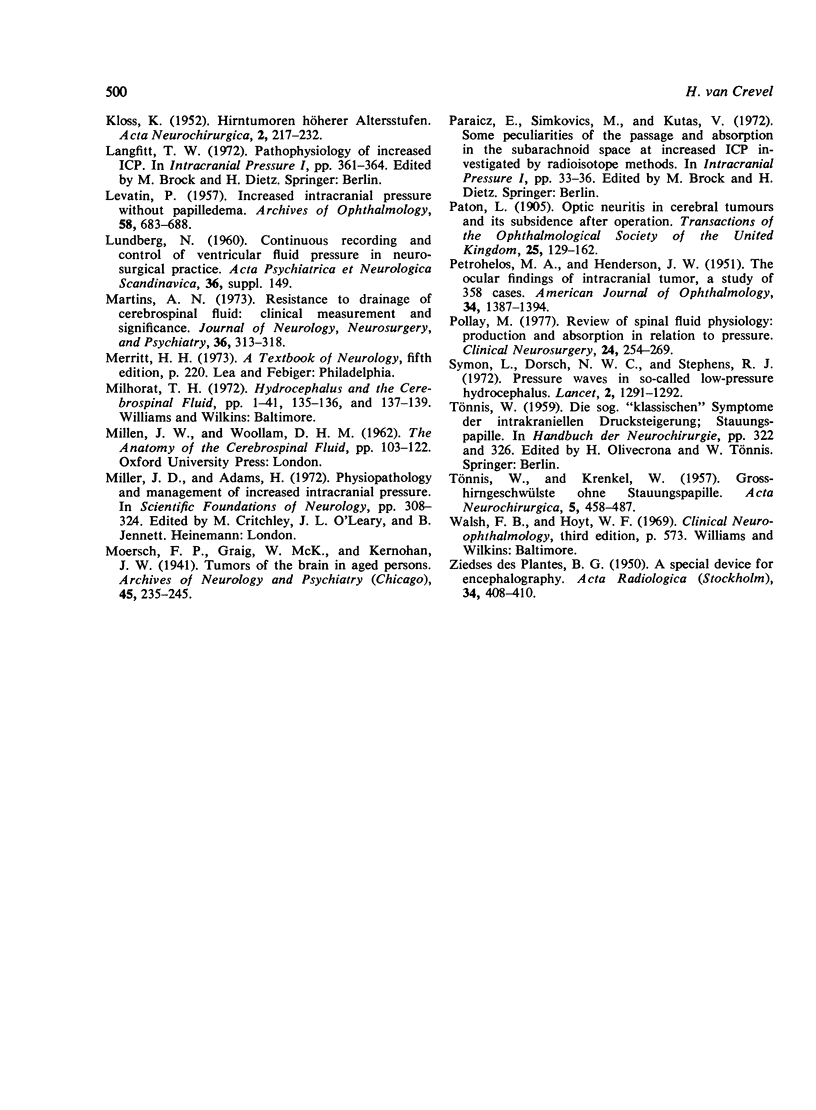
Images in this article
Selected References
These references are in PubMed. This may not be the complete list of references from this article.
- Di Chiro G. Cisternography: from early tribulations to a useful diagnostic procedure. Johns Hopkins Med J. 1973 Jul;133(1):1–15. [PubMed] [Google Scholar]
- Gilland O., Tourtellotte W. W., O'Tauma L., Henderson W. G. Normal cerebrospinal fluid pressure. J Neurosurg. 1974 May;40(5):587–593. doi: 10.3171/jns.1974.40.5.0587. [DOI] [PubMed] [Google Scholar]
- Hayreh S. S. Pathogenesis of oedema of the optic disc. Doc Ophthalmol. 1968;24(2):289–411. doi: 10.1007/BF02550944. [DOI] [PubMed] [Google Scholar]
- James A. E., Jr, Burns B., Flor W. F., Strecker E. P., Merz T., Bush M., Price D. L. Pathophysiology of chronic communicating hydrocephalus in dogs (Canis familiaris). Experimental studies. J Neurol Sci. 1975 Feb;24(2):151–178. doi: 10.1016/0022-510x(75)90231-2. [DOI] [PubMed] [Google Scholar]
- KLOSS K. Hirntumoren höherer Altersstufen. Acta Neurochir (Wien) 1951;2(2):217–232. doi: 10.1007/BF01405662. [DOI] [PubMed] [Google Scholar]
- Kido D. K., Gomez D. G., Pavese A. M., Jr, Potts D. G. Human spinal arachnoid villi and granulations. Neuroradiology. 1976 Sep 21;11(5):221–228. doi: 10.1007/BF00328377. [DOI] [PubMed] [Google Scholar]
- LEVATIN P. Increased intracranial pressure without papilledema. AMA Arch Ophthalmol. 1957 Nov;58(5):683–688. doi: 10.1001/archopht.1957.00940010703006. [DOI] [PubMed] [Google Scholar]
- Martins A. N. Resistance to drainage of cerebrospinal fluid: clinical measurement and significance. J Neurol Neurosurg Psychiatry. 1973 Apr;36(2):313–318. doi: 10.1136/jnnp.36.2.313. [DOI] [PMC free article] [PubMed] [Google Scholar]
- PETROHELOS M. A., HENDERSON J. W. The ocular findings of intracranial tumor; a study of 358 cases. Am J Ophthalmol. 1951 Oct;34(10):1387–1394. doi: 10.1016/0002-9394(51)90478-3. [DOI] [PubMed] [Google Scholar]
- Pollay M. Review of spinal fluid physiology: production and absorption in relation to pressure. Clin Neurosurg. 1977;24:254–269. doi: 10.1093/neurosurgery/24.cn_suppl_1.254. [DOI] [PubMed] [Google Scholar]
- Symon L., Dorsch N. W., Stephens R. J. Pressure waves in so-called low-pressure hydrocephalus. Lancet. 1972 Dec 16;2(7790):1291–1292. doi: 10.1016/s0140-6736(72)92658-x. [DOI] [PubMed] [Google Scholar]
- TONNIS W., KRENKEL W. Grosshringeschwülste ohne Stauungspapille. Acta Neurochir (Wien) 1957;5(2-5):458–487. doi: 10.1007/BF01401735. [DOI] [PubMed] [Google Scholar]
- ZIEDSES des PLANTES B. G. A special device for encephalography. Acta radiol. 1950 Oct-Nov;34(4-5):408–410. [PubMed] [Google Scholar]



